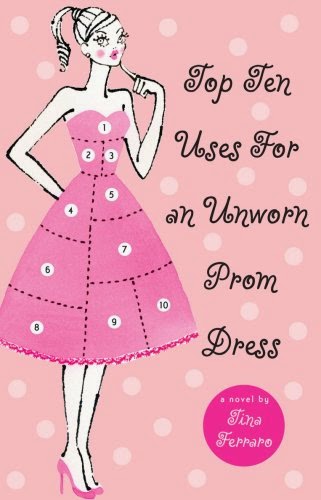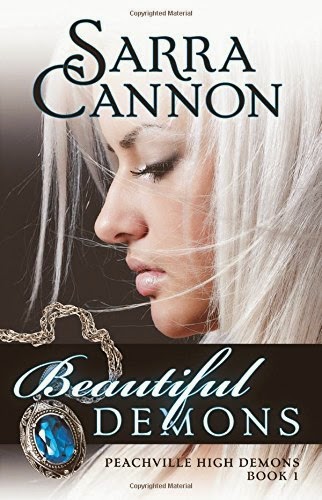1) "The Tudors: The Complete Story of England's Most Notorious Dynasty" by G.J. Meyer
Acclaimed historian G. J. Meyer provides a fresh look at the fabled Tudor dynasty—and some of the most enigmatic figures ever to rule a country. In 1485, Henry Tudor, whose claim to the English throne was so weak as to be almost laughable, nevertheless sailed from France with a ragtag army to take the crown from the family that had ruled England for almost four centuries. Fifty years later, his son, Henry VIII, aimed to seize even greater powers—ultimately leaving behind a brutal legacy that would blight the lives of his children and the destiny of his country. Edward VI, a fervent believer in reforming the English church, died before realizing his dream. Mary I, the disgraced daughter of Catherine of Aragon, tried and failed to reestablish the Catholic Church and produce an heir, while Elizabeth I sacrificed all chance of personal happiness in order to survive.
The Tudors presents the sinners and saints, the tragedies and triumphs, the high dreams and dark crimes, of this enthralling era.
2) "Anne Boleyn: A New Life of England's Tragic Queen" by Joanna Denny
3) "Wicked Richmond" by Beth Brown
Home to many of the nation's original founders and statesmen, Richmond has a history that runs as deep as America itself. Yet within these depths lies something darker. For despite its illustrious reputation, Richmond has a sordid streak. Venture through the city's colorful history of vice, intrigue and subterfuge with author Beth Brown as she traces the scandalous stories that pepper Richmond's past. From colonial founding to the Prohibition era and beyond, Wicked Richmond presents a comprehensive look at the city's murky history. Whether it's tales of Civil War espionage, Spanish pirates captured off the Virginia coast and brought to justice in Richmond, rumrunners peddling liquor during Prohibition or the misadventures of upper-crust colonial families, Wicked Richmond captures the spirit of debauchery that runs through this historic city's past.
4) "Path to Freedom: My Story of Perseverance" by Conrad Taylor
"PATH to FREEDOM: My Story of Perseverance" describes what happened upon Taylor's return to a government turned repressive, anti-American, and paranoid - overnight. The Soviet-leaning, Cold-War-era dictatorship feared regime change. Its power-hungry leaders obsessed about him being a spy for the United States. His was the impossible task of proving that he was not - or else!
The historically-accurate book provides a unique prism through which to see the cultural trauma of emigration, the unique experience that is West Point, the personal side of Cold-War-era geopolitics, and the mayhem of Third World politics. The view will be nostalgic for some, shocking to many, and enlightening for others. The nonfiction reads like a novel. Its subtly-threaded love story will enchant - at the very least.
5) "Paradise Rediscovered: The Roots of Civilization" by Michael A. Cahill
This book attempts a methodical reconstruction of the Neolithic society which gave rise to the first civilisation, leading to the possibility that some ancient peoples commanded a now lost recipe for extended life-spans (the legendary elixir of life). The work spans mythology, linguistics, ancient texts, astronomy, earth sciences, human genetics, and the cell biology of ageing. Its scholarly but colloquial and non-academic provocative style is intended for an interested but non expert audience.
6) "The Riddle of the Labyrinth: The Quest to Crack an Ancient Code" by Margalit Fox
When famed archaeologist Arthur Evans unearthed the ruins of a sophisticated Bronze Age civilization that flowered on Crete 1,000 years before Greece’s Classical Age, he discovered a cache of ancient tablets, Europe’s earliest written records. For half a century, the meaning of the inscriptions, and even the language in which they were written, would remain a mystery.
Award-winning New York Times journalist Margalit Fox's riveting real-life intellectual detective story travels from the Bronze Age Aegean—the era of Odysseus, Agamemnon, and Helen—to the turn of the 20th century and the work of charismatic English archeologist Arthur Evans, to the colorful personal stories of the decipherers. These include Michael Ventris, the brilliant amateur who deciphered the script but met with a sudden, mysterious death that may have been a direct consequence of the deipherment; and Alice Kober, the unsung heroine of the story whose painstaking work allowed Ventris to crack the code.
7) "Bluebird: Deliberate Creation of Multiple Personality by Psychiatrists" by Colin A. Ross
In BLUEBIRD: Deliberate Creation of Multiple Personality by Psychiatrists, Dr. Ross provides proof, based on 15,000 pages of documents obtained from the CIA under the Freedom of Information Act, that the Manchurian Candidate is fact, not fiction. He describes the experiments conducted by psychiatrists to create amnesia, new identities, hypnotic access codes, and new memories in the minds of experimental subjects.
The funding of the experiments by the CIA, Army, Navy, and Air Force is proven from CIA documents and the doctors' own publications. BLUEBIRD proves that there was extensive political abuse of psychiatry in North America throughout the second half of the twentieth century, perpetrated not by a few renegade doctors, but by leading psychiatrists, psychologists, pharmacologists, neurosurgeons and medical schools.
8) "Elizabeth I" by Anne Somerset
























































